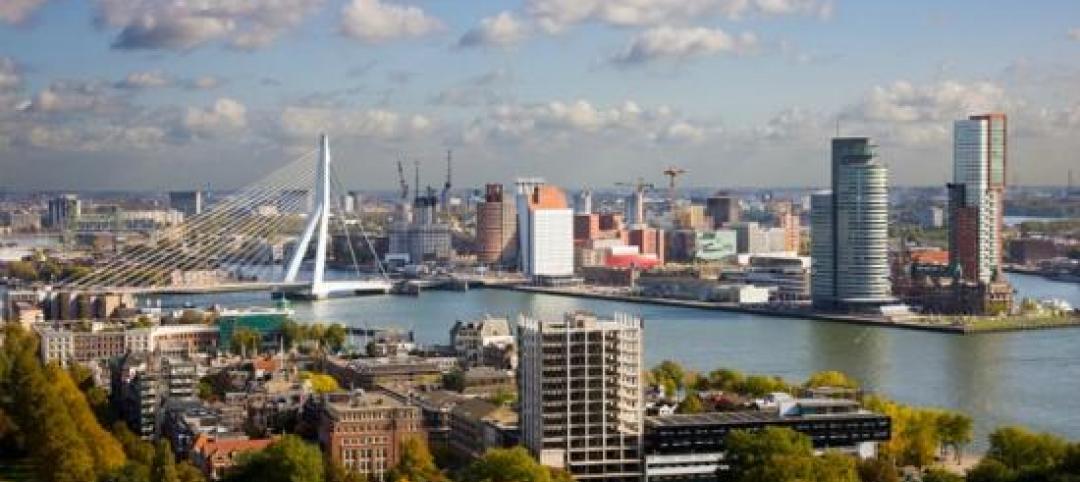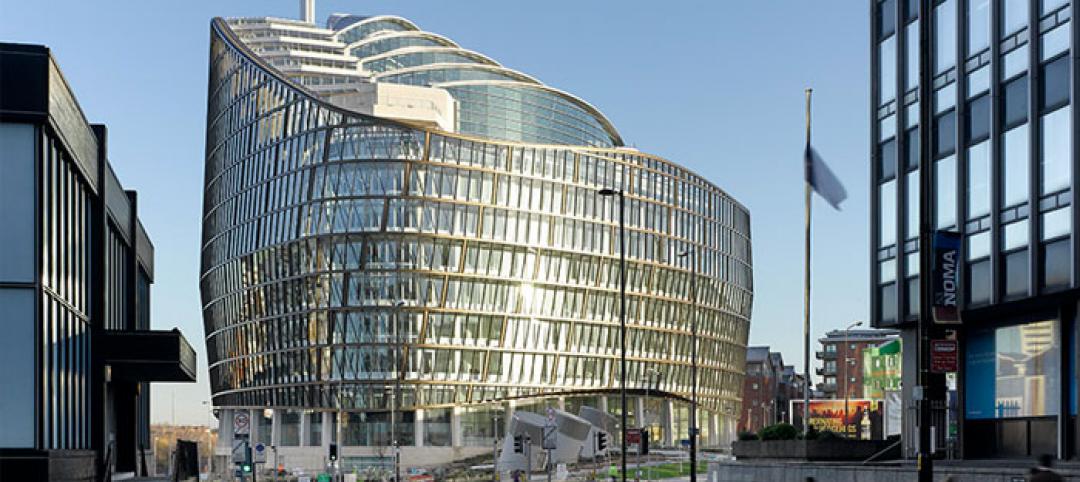At least 13 states have developed performance incentive mechanisms (PIMs) to encourage utilities to deliver energy savings at specific times to optimize the nation’s power grid, according to a report by the American Council for an Energy Efficient Economy (ACEEE).
“Energy efficiency and demand response are essential tools to drive down the cost and greenhouse gas (GHG) emissions of electricity systems affordably and rapidly,” according to ACEEE. “These services can reduce demand at specific times to optimize the power grid, which we call ‘strategic demand reduction’ (SDR).”
Utilities are just beginning to integrate SDR into their grid planning, investments, and operations. Studies indicate that demand flexibility and energy efficiency hold “vast untapped potential,” ACEEE says.
States are using varied approaches on PIMs. Some states use traditional utility procurement approaches to peak demand reduction, such as in Hawaii and Texas. Massachusetts and New York use newer methods of encouraging SDR by compensating utilities for a mix of actions and outcomes. States show increasing interest in moving demand from one time of day to another and in grid-balancing measures that target times when renewables create steep ramps in available supply.
Related Stories
| Dec 10, 2013
Whistleblowers can now file complaints online with OSHA
Whistleblowers covered by one of 22 statutes administered by the Occupational Safety and Health Administration (OSHA) now will be able to file complaints online.
| Dec 4, 2013
Five U.S. cities leading on climate change initiatives
Houston, Salt Lake City, Miami, New York, and Los Angeles are five cities that are leading the way on preparing for climate change and extreme weather, according to a Center for American Progress report.
| Dec 4, 2013
Philadelphia City Council mulling bill requiring ID cards for construction workers
The Philadelphia City Council has held a series of hearings on a bill aimed at boosting the city's safety regulations in the wake of a deadly building collapse earlier this year.
| Dec 4, 2013
Changes completed on 2015 IECC provisions
The 2015 International Energy Conservation Code (IECC)—the code that serves as the model for states’ codes—has undergone final changes.
| Dec 4, 2013
Design-build makes gains along with more authorizing legislation
In 2009, more legislation authorizing design-build project delivery passed than in any year in Design Build Institute of America’s history.
| Dec 4, 2013
Rotterdam resiliency policies include floating neighborhood
The low-lying city of Rotterdam in the Netherlands is a world leader in storm resiliency with policies that impact businesses, private homes, and public infrastructure.
| Dec 4, 2013
Meet the 'world's greenest building': One Angel Square
The 500,000 sf, 14-story One Angel Square in Manchester, England, is being promoted as "the most environmentally-friendly building in the world."
| Dec 3, 2013
Architects urge government to reform design-build contracting process
Current federal contracting laws are discouraging talented architects from competing for federal contracts, depriving government and, by inference, taxpayers of the best design expertise available, according to AIA testimony presented today on Capitol Hill.
| Nov 27, 2013
ASHRAE data center standard open for public review
Standard 90.4P, Energy Standard for Data Centers and Telecommunications Buildings, is being developed in response to requests to recognize the energy performance profiles unique to data centers.
| Nov 27, 2013
Ohio legislators move to ban use of LEED on public construction
Two Ohio state senators have introduced legislation that seeks to ban the use of LEED in public construction.















